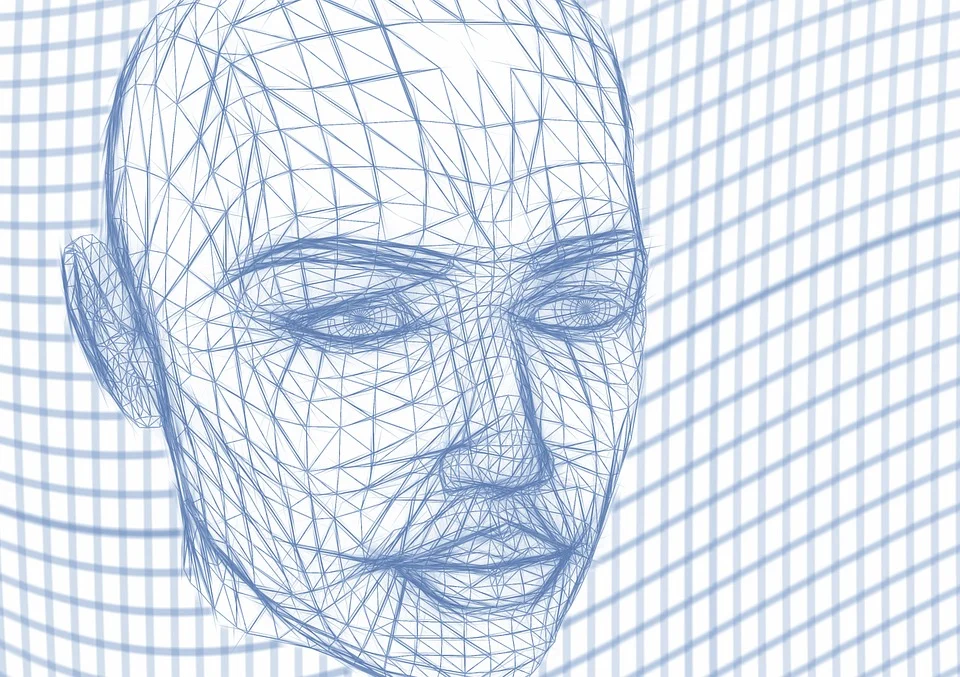As individuals age, it is common for them to develop chronic conditions that require long-term management. These conditions can significantly impact their daily lives, and it is essential to provide them with the necessary care and support to maintain optimal health. In this article, we will discuss effective strategies for managing chronic conditions in the elderly.
Understanding Chronic Conditions
Chronic conditions refer to health problems that persist for an extended period, often lasting for more than three months. Common chronic conditions among the elderly include diabetes, heart disease, arthritis, respiratory diseases, and dementia. These conditions can cause physical and cognitive limitations, substantially affecting an individual’s quality of life.
Regular Medical Check-ups
Regular medical check-ups are crucial in managing chronic conditions in the elderly. These check-ups help diagnose any potential complications or changes in the condition’s progression. It is important to schedule routine appointments with healthcare professionals who specialize in geriatric care. During these check-ups, doctors can monitor the elderly patient’s health, assess their medication regimen, and make any necessary adjustments. They can also provide essential advice on lifestyle modifications, healthy diet plans, and suitable exercise routines that can help manage the chronic conditions effectively.
Medication Management
For the elderly with chronic conditions, medication management is of utmost importance. Managing multiple medications can become overwhelming, so it is crucial to organize and keep track of their medication regimen. The use of pill organizers can be highly beneficial in ensuring that the elderly take their medicines on time. Caregivers should educate themselves about the various medications prescribed and understand their side effects and interactions. It is advisable to involve a healthcare professional or pharmacist who can assist in simplifying the medication routine and provide guidance on potential drug interactions.
Dietary Considerations
A well-balanced diet plays a significant role in managing chronic conditions in the elderly. It is essential to provide them with nutritious meals that meet their specific dietary needs. For instance, individuals with diabetes would benefit from consuming a low-sugar and low-carbohydrate diet. Including fresh fruits, vegetables, whole grains, and lean proteins in their meals can provide the necessary nutrients and reduce the risk of complications. Caregivers should consult with a nutritionist or dietitian to create a personalized, easy-to-follow meal plan that aligns with the elderly individual’s dietary restrictions and preferences.
Physical Activity and Exercise
Regular physical activity and exercise are vital elements in managing chronic conditions in the elderly. Engaging in suitable exercises can improve cardiovascular health, strengthen muscles and joints, and enhance overall mobility and flexibility. When designing an exercise routine, it is crucial to consider the individual’s abilities, overall health condition, and any limitations associated with their chronic conditions. Light aerobic exercises, such as walking or swimming, can be highly beneficial. Strength training exercises, under proper supervision, can also help improve muscle strength and function.
Mental and Emotional Well-being
Chronic conditions can take a toll on an individual’s mental and emotional well-being. Therefore, it is essential to address these aspects of their health. Providing emotional support and reducing feelings of isolation can significantly enhance their overall quality of life and help them better manage their chronic conditions. Encouraging participation in social activities, hobbies, and engaging conversations can help elders feel connected and valued. Furthermore, considering activities that stimulate cognitive abilities, such as puzzles or brain games, can help maintain mental sharpness.
Regular Communication with Healthcare Providers
Regular communication between caregivers, elderly individuals, and healthcare providers is essential to effectively manage chronic conditions. Caregivers should keep a record of any changes in symptoms or adverse effects of medications and report them promptly to the healthcare professional. Open communication allows for necessary adjustments and personalized care plans that can adapt to the changing needs of elderly individuals. It also empowers caregivers with knowledge and guidance on how to provide the best possible support.
Conclusion
Managing chronic conditions in the elderly requires a comprehensive approach that combines medical supervision, medication management, dietary considerations, physical activity, and emotional support. Implementing these strategies can improve the quality of life for elderly individuals and ensure that their chronic conditions are effectively managed. By understanding the unique needs of the elderly and providing them with suitable care, we can enhance their overall well-being and help them lead a fulfilling life.
